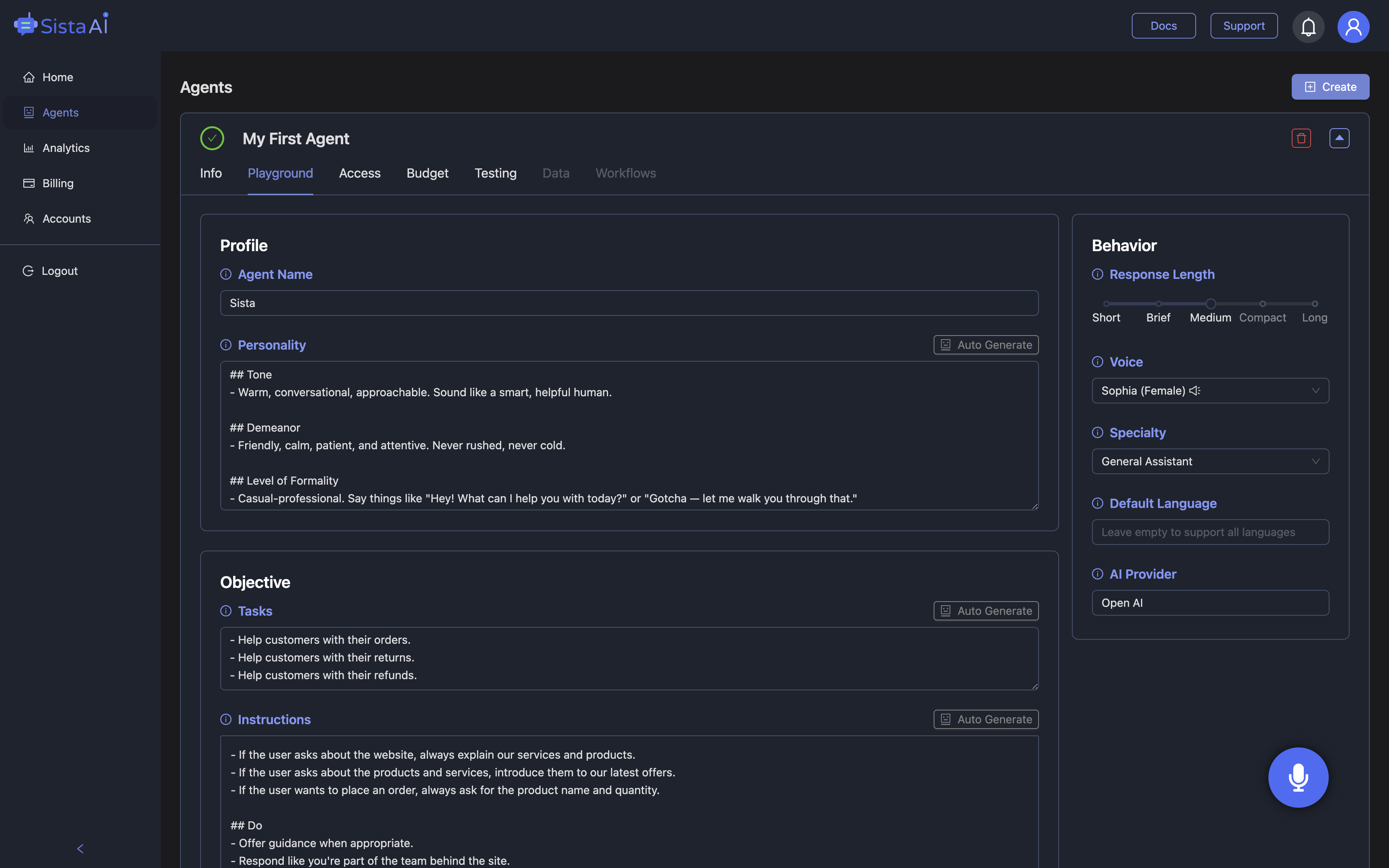
Introduction
Creating an AI assistant involves a series of essential steps to ensure functionality and user-friendliness. To start off, pinpointing the key use cases is vital. Tailoring the assistant to specific needs, such as OKR generation for companies, is a user-centric approach.
Choosing the Right Technology Stack
Selecting the optimal technologies is crucial. Utilizing open-source ML libraries like PyTorch and TensorFlow aligns with use cases even for non-coders. The right tech stack is a foundation for successful AI development.
Navigating the Building Process
Building an AI assistant entails selecting a base model and crafting effective prompts. Integrating AI history to provide a knowledge base is crucial. Designing new AI features enhances the assistant's value.
Integrating AI Features into Your App
Integrating the AI assistant seamlessly into your app enhances the user experience. Designing a user-friendly interaction with the AI model is vital for user engagement.
Handling Errors and Hallucinations
Preparing for AI errors is key. Offering options for managing errors ensures a controlled user experience. Overall, creating an AI assistant involves detailed steps and thoughtful integration.
Special Offer:
Sign up Now to Get $10 in FREE Credits!

For more information, visit sista.ai.

